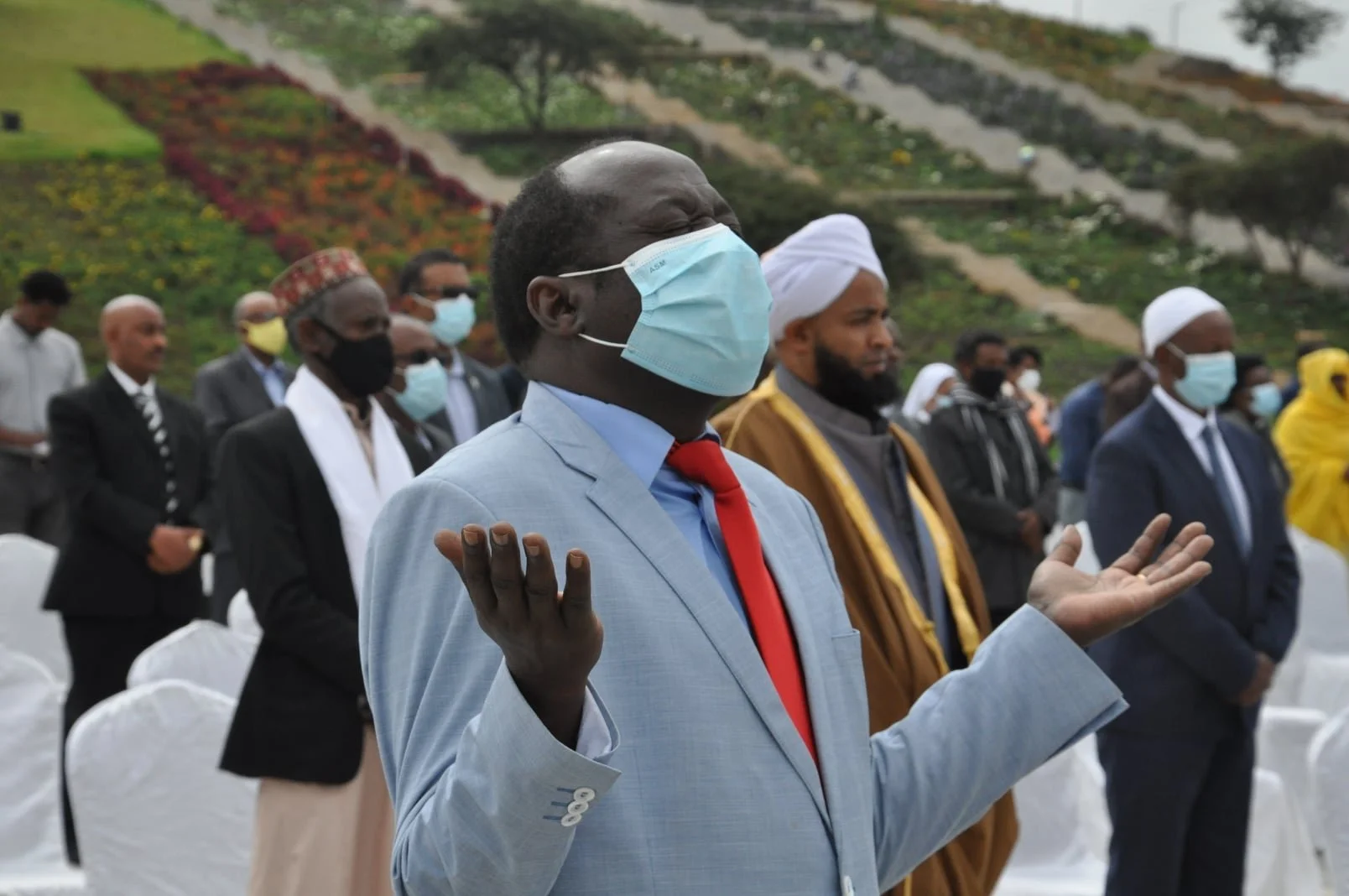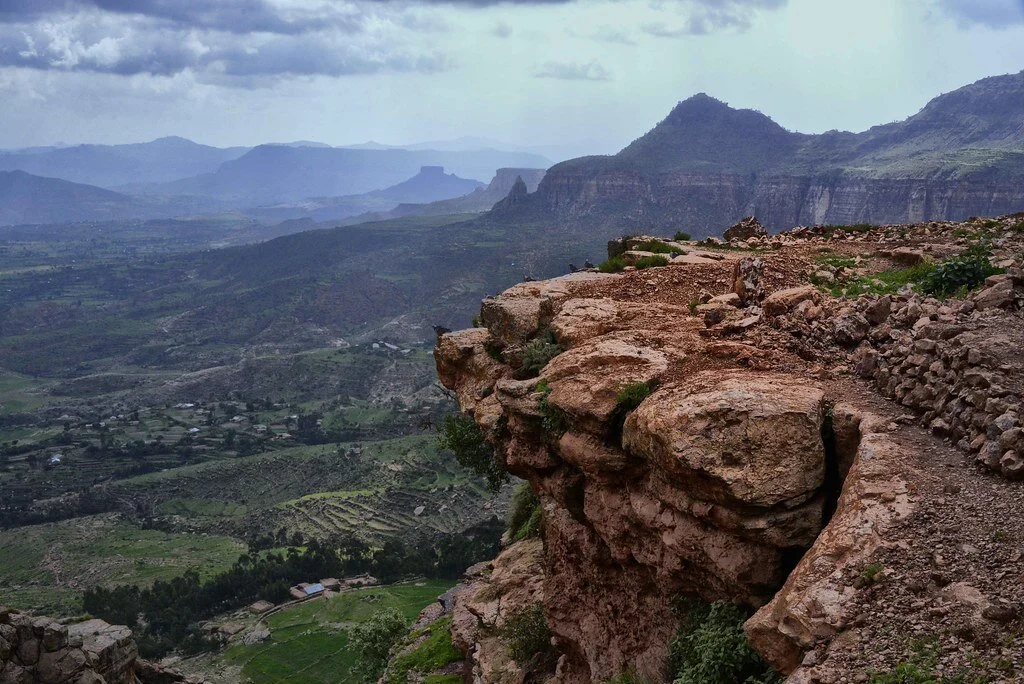(ANALYSIS) Ethiopia stands at a critical juncture. Years of civil war and ethnic strife have left deep wounds and a fragile peace. The northern civil war that ended in 2022 alone caused an estimated 600,000 deaths and displaced millions. Atrocities were committed by all sides, including the government, the Tigray People’s Liberation Front and Eritrean troops.
Read More(OPINION) Ethiopia — with its rich historical heritage and 84 ethnolinguistic groups — faces ongoing challenges despite its democratic aspirations. The nation has struggled with cycles of political violence and persistent poverty, shaped by the 1974 Marxist military revolution and the 1991 rise of the Ethiopian People’s Revolutionary Democratic Front. Peace remains elusive amid continuing conflicts and economic difficulties.
Read More(OPINION) Religious and political ethics lecturer Andrew DeCort writes extensively on the issues Ethiopia is facing with the expressed interest to be a bridge-builder. While I applaud his passion for being a bridge-builder and advocating for peace, I disagree, particularly, with his bold claim that “Christian nationalism is tearing Ethiopia apart.”
Read More(ANALYSIS) The current crisis in Ethiopia — displacing 2.1 million people with another 7 million in need of humanitarian aid — is an ethnic-political conflict, not a religious one. However, strengthening Ethiopia’s interfaith collaboration among religious groups can bring about much-needed national reconciliation and healing.
Read More(OPINION) Ethiopia’s image has been unfairly disfigured in media coverage of the Tigray conflict. Here’s how the Western media misunderstands and how Ethiopia and its allies can move forward amid a ceasefire to long-lasting peace and reconciliation.
Read More(OPINION) As a nation, Ethiopia is facing twin challenges. First, the impact of misleading and negative information about the nation following the war in Tigray; and second, the long-standing imbalance in the international water politics of the Grand Ethiopian Renaissance Dam (GERD). The aim of this article is to call for veracity, justice and compassion.
Read More




